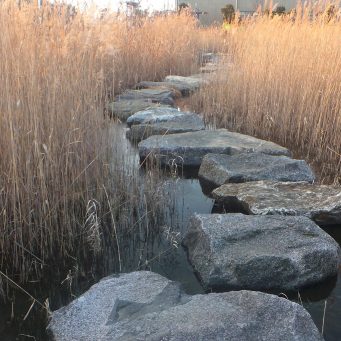Despite the emergence of more civil society actors in the field of asset recovery, gaps still exist in civil society knowledge.
Even where an understanding of the process of asset recovery is strong, organisations that work on this topic as a part of broader anti-corruption, democracy or human rights work are still likely to need support to understand where and when certain actions should be taken and in developing advocacy and campaigning strategies that build on asset recovery for systemic transparency and accountability reforms.
Further, the nature of case-based asset recovery work means that for many civic actors, they will only start working on asset recovery for the first time when a major case breaks, meaning they will also need support to build connections in other countries.

Our programmes build on the work of our 2016-2019 strategy and aim to ensure an even stronger, more connected and diverse range of civil society actors engaged on the issue of asset recovery globally, with a particular emphasis on the Global South. Our projects and activities focus on capacity and strategy building, networking and on the inclusion of more diverse voices from civil society in global debates.
Our flagship programmes
Lack of capacity is still the major issue for greater involvement of civil society in engaging on asset recovery, particularly those from the Global South for whom a major case may be the first time they work on the topic. While more organisations have become involved in the issue in the last four years, numbers are still too few relative to the size of the issue. There are also large knowledge gaps in several civic actors, particularly in understanding how and when to advocate for government action on individual cases and in how to use asset recovery for systemic change. Our flagship programmes address this:
Strengthening civil society organisations
Our work with CSOs aims to build stronger capacity for civil society action on asset recovery. We provide support to NGOs, especially in the Global South, to work on cases of asset recovery and the systemic causes of public asset theft. We also support cross border collaboration and provide support on security challenges.
Investigate
Investigate is our training and mentoring programme for investigative journalists. We focus particularly on young journalists and support them to develop their expertise in investigating and reporting on cases of grand corruption and the processes for returning that money. We further help them to develop stories and to pitch and publish these in leading news outlets.
Our theory of change
Our theory of change is that, in order to end cross-border corruption and ensure transparency and accountability in asset recovery, several steps need to be in place. These are not necessarily sequential steps and are not all interdependent. Nevertheless, only by advancing on each of the steps will we be able to advance towards our vision.
Civil society at the national level, particularly in countries of origin, need to be empowered to work on asset recovery. This means that interest amongst civil society is built and that interested CSOs, academics and journalists are able to engage with national cases and policy reforms around asset recovery, are able to harness asset recovery cases for systemic transparency and accountability reforms, and can strategically expose ongoing cross-border corruption.
Globally, CSOs need to be connected and develop strategic coordination on cases and on systemic change. This means that CSOs need to understand both with who and how they can work on transnational cases and need to be empowered to participate in international CSO-CSO strategic advocacy and to present clear policy visions for change.
Investigative journalists need to be able to expose networks of corruption and report on return processes. This means that investigative journalists, especially from the Global South, support from a range of actors to investigate complex, multi-country financial crime and to work with other journalists in multi-country teams.
CSOs and investigative journalists need to work together to expose corruption. This means that forums need to exist for the exchange of information between the two groups and they need to be supported to better work together, without compromising journalistic independence.
Strong policy visions need to be developed by CSOs and should lead to research-based advocacy aimed at political actors and the general public. This means that more research needs to be done on what works to support effective, accountable and transparent asset recovery that includes the prevention of future asset theft. CSOs should be supported in developing advocacy around that research.
More pressure should be put on governments to establish preventative mechanisms, to collaborate with civil society, and to be accountable and transparent in investigation and return at the national and global levels. This includes through working collaboratively for increased international and national transparency and accountability in the asset recovery process.
More information can be found in our 2020-2023 Strategy.
